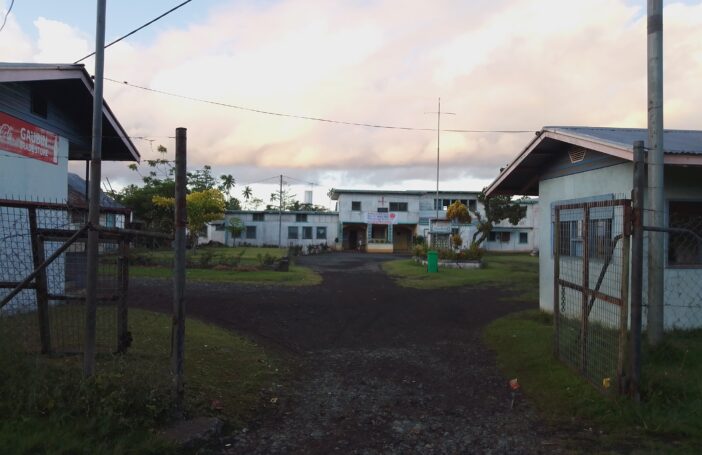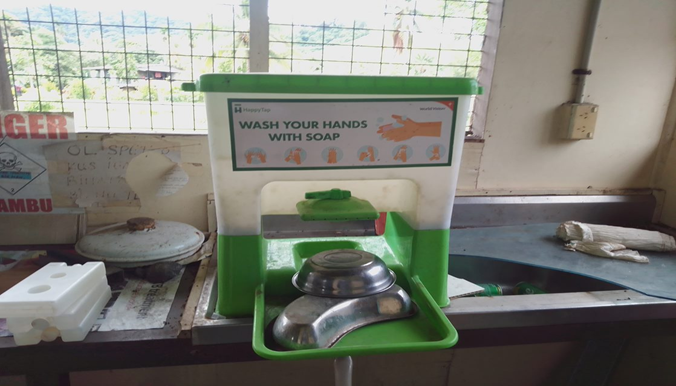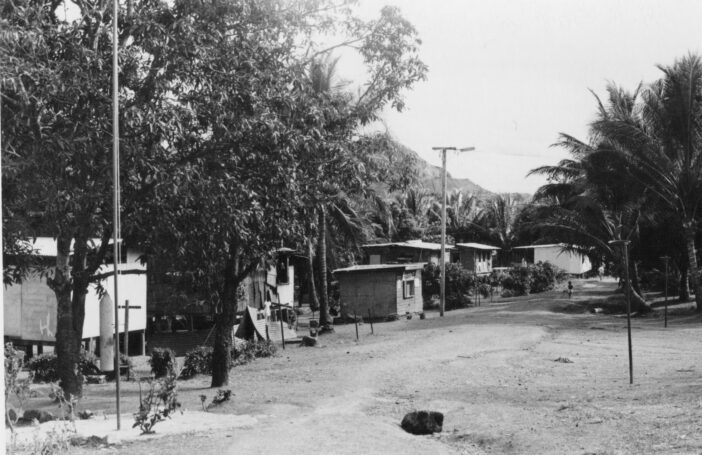A new study into the quality of antimalarial and antibiotic drugs in PNG confirms the presence of poor-quality medicines in both the public and private sectors.
Quality of Antimalarial Drugs and Antibiotics in Papua New Guinea: A Survey of the Health Facility Supply Chain was published in open-access journal PLOS ONE this month.
The study aimed to test the quality of antimalarial medicines at all levels of the health facility drug supply chain in PNG. The survey covered 60 providers across 18 provinces, including 12 hospitals, 17 health centres, 22 aid posts, four urban clinics (collectively referred to as health facilities) and five area medical stores.
The study found that about half (48.3%) of all surveyed providers across the country were found to stock medicines that failed chemical analysis for the amount of active pharmaceutical ingredient.
The authors found that “medicines that failed content analysis were found at all levels of the supply chain, with the largest number collected from hospitals and health centres”.
“Urgent measures are required to stop the availability of poor-quality products in both the public and the private sector. First steps should include limiting procurement of drugs to WHO [World Health Organisation] pre-qualified products and implementing routine quality testing,” the authors wrote.
The quality of medicines in PNG has been an issue in the headlines this past year, with Australian aid withdrawing its support for the distribution of medical kits after a bungled procurement process left unanswered questions about the quality (and price) of drugs. A report by The Global Fund also highlighted irregularities in the procurement process for medical supplies. This type of finding calls into question the Australian government’s decision to get out of service delivery in PNG on the grounds that the government can handle health and education on its own.




